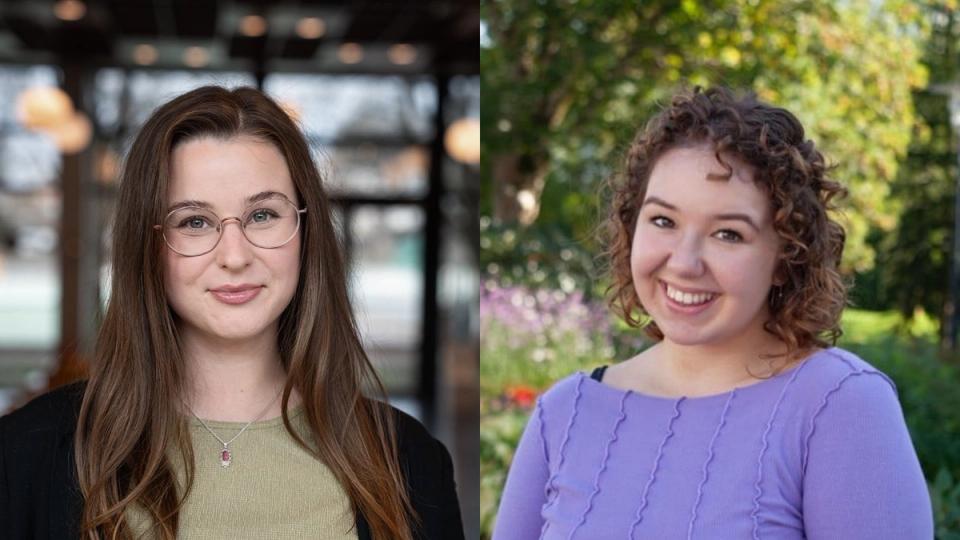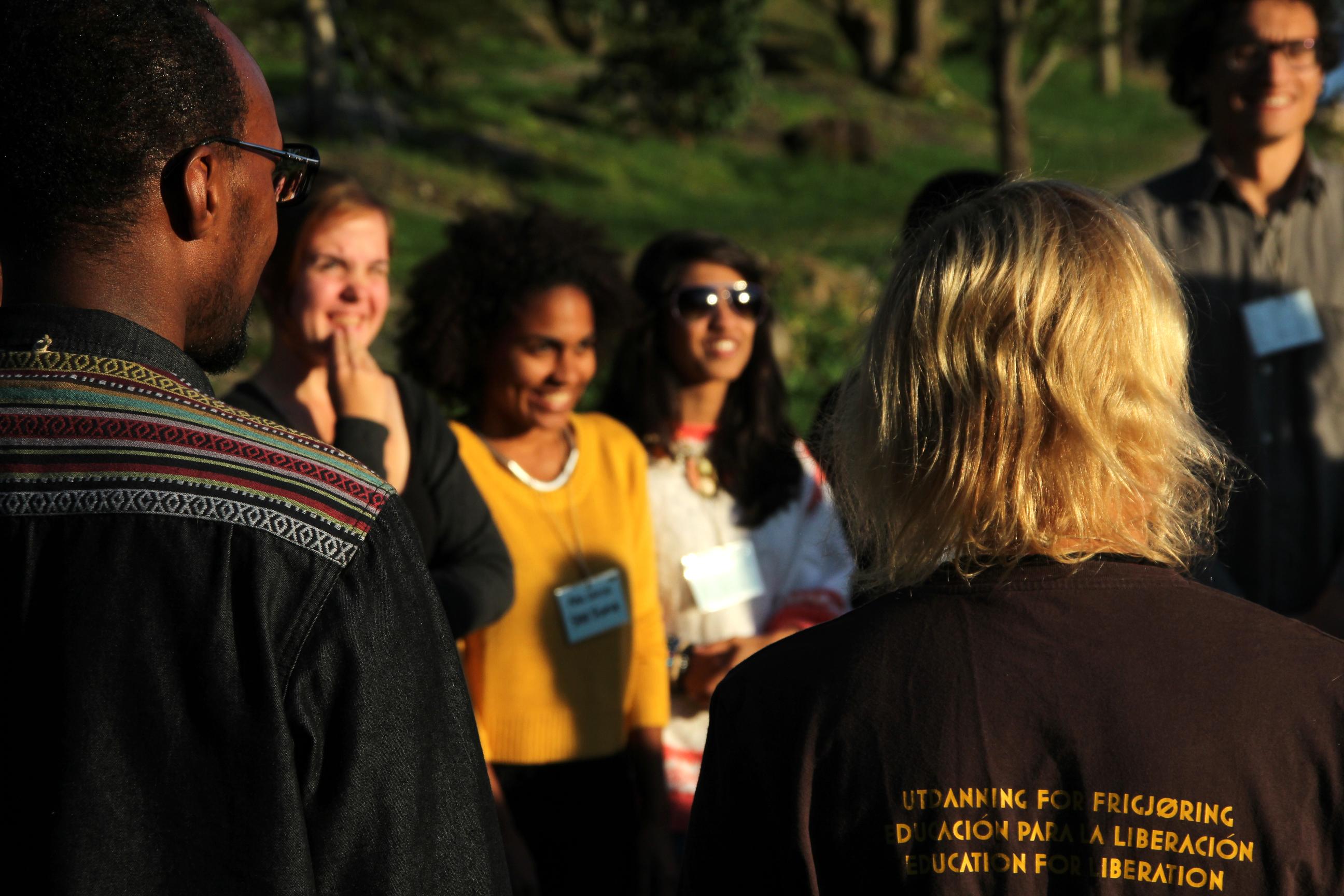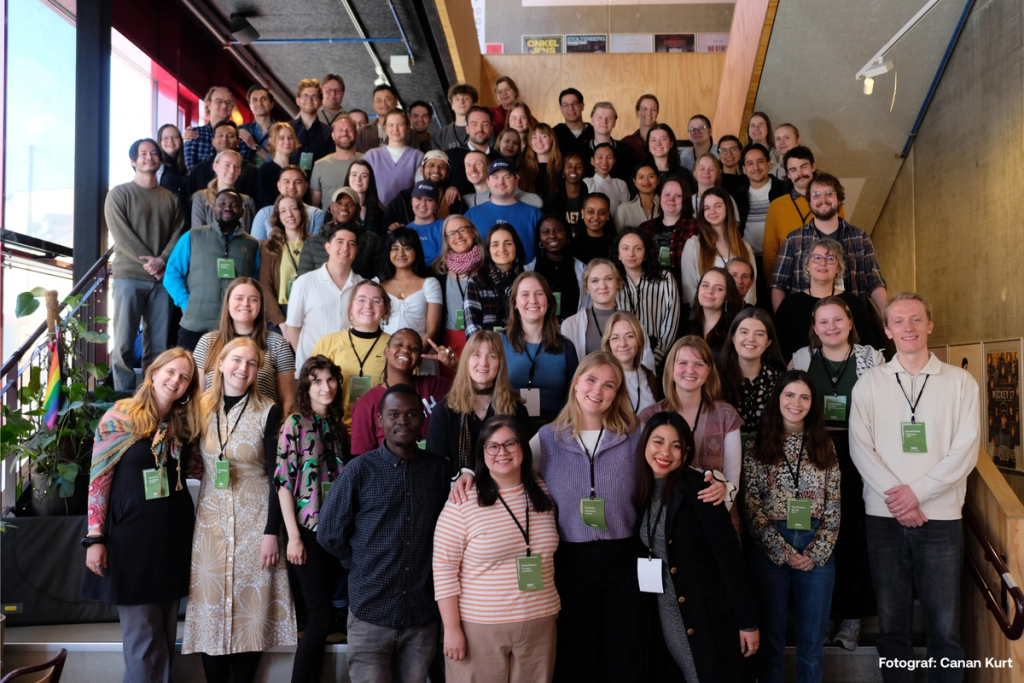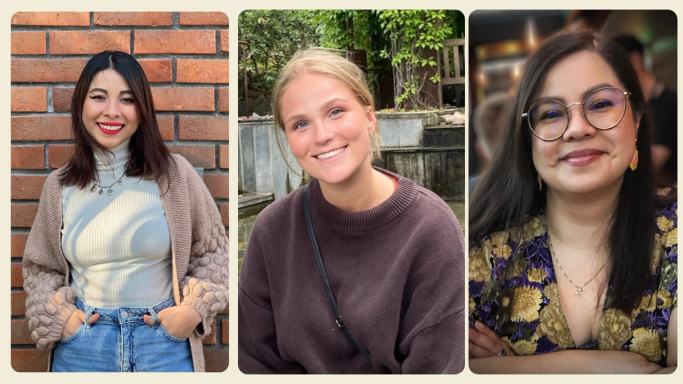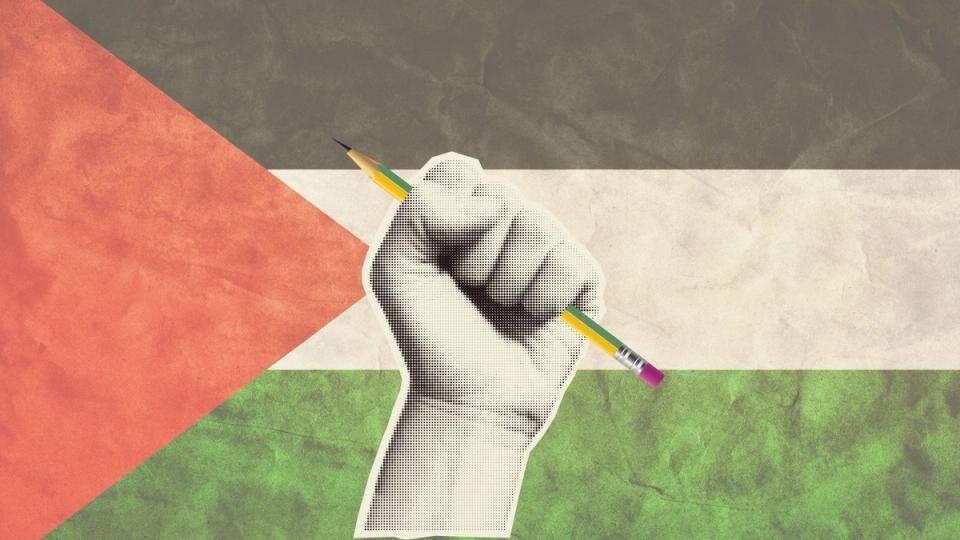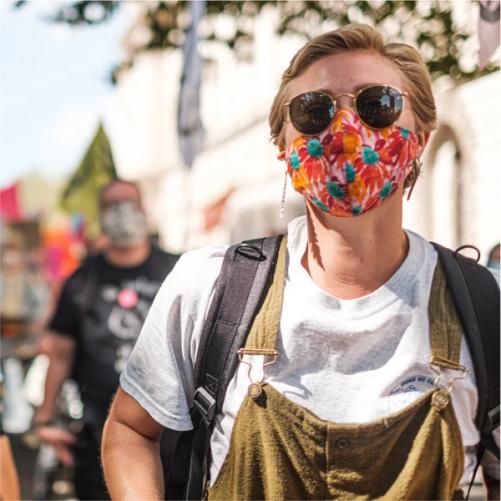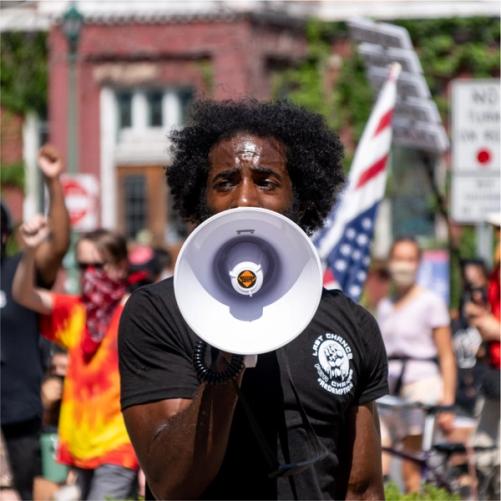Nyhet
National Agenda Democracy: Where has Zimbabwe gone wrong
‘My people’Democracy rests upon the principle that government exists to serve the people, the people do not exist to serve the government. There are no "my people" in a democratic setup.
The government in Zimbabwe is not serving its people. It is embodied in its own realm of political egocentrism being centered on the person of Robert Mugabe where only a few qualify as first class citizens of Zimbabwe. Brutal paceOf late Mugabe has bequeathed to Zimbabwe a legacy of tension and troubles; the ZANU PF government has shot down every democratic principle in sight. Its zeal for privatisation has not spared the judiciary and the police force. These sacred public institutions have been privatised at a brutal pace by a government seemingly in love with regulation for its own sake.
Human rightsAll these developments have been an affront to democracy. Zimbabwe is faltering at every avenue — the media, the government, the judiciary and basic human rights.
Jay Rosen wrote that democracy requires a free press and free expression is a truth of that kind. So let us be clear: the government should not control what is written or broadcast and it cannot throw people in jail for their views.
The most obvious signs of an undemocratic regime is the violation of these fundamental rights. The arrests and torture of Standard journalists Ray Choto and Mark Chavhunduka and those of The Daily News’ Geoff Nyarota, Mduduzi Mathuthu and others are evidence of this gross violation of the rights to freedom and free press.
Freedom of the press in democratic societies is an unchangeable dogma — it is essential. There is manipulation of the public media by the state, specially the electronic media, which is now being controlled by Information Minister Jonathan Moyo who is slowly turning into Zimbabwe’s own Joseph Goebbels.
Youth brigadeRemember Goebbels, the man tasked by Hitler for the spiritual direction of the German nation. He was perhaps the cleverest and most unscrupulous manipulator of the mass media in history.
Likewise Jonathan Moyo has been tasked with the responsibility of the spiritual direction of the nation. If you avoid ZANU PF in the electronic media and elsewhere, you will find them in the streets in the form of the green-clad youth brigades and their parades.
Civic societyEverytime people assemble in peaceful protest either as students or civic society they are ruthlessly dispersed and suppressed.
Students at colleges have risked (and some lost) their lives for the love of the freedom of expression. Recently the National Constitutional Assembly wanted to havea peaceful march against the proposed electoral amendments but they were arrested and these wanton arrests also netted innocent people who were doing their shopping.
Life bloodIt should be noted that freedom of expression and free speech is the life blood of any democracy. Coming together for debate voting, protest, worship and to fight injustice — all rely upon the unfettered flow of speech and information.
The Mugabe government is quite aware that a crisis can result in the downfall of any government. They have learnt well from history.
They know quite well of the protests in Iran which ousted a regime a thousand times stronger than ZANU PF. This fall from grace of the Shah of Iran and that of Surharto in Indonesia and recently that of the regime in Argentina make them feel uneasy at any type of demonstration, peaceful or otherwise.
Vile acidSo they cannot tolerate any avenue of protest. Freedom of expression to them is a vile acid which can handicap their rule.
In Zimbabwe, peaceful protests and demonstrations will remain an avenue for showing discontent which will only be made irrelevant by the presence of equality andjustice.
Rule of lawOn the issue of elections and rule of law, Zimbabwe has been found wanting. Elections are an indispensable institution of a democratic society because in ademocracy the authority of the government derives solely from the consent of the governed.
Opposition candidates should enjoy freedom of speech and assembly and the movement necessary to voice their criticisms of the government openly and to bringalternative policies. In Zimbabwe the political highway to power has few entry lanes for the opposition. The man in the opposition has been denied a base on which to build influence and attain leverage.
AirwavesElections which are characterised by the barring of the opposition from the airwaves, and where the opposition’s rallies are disrupted are not democratic.
In a democracy the government should not take advantage of unemployed and vulnerable youths to put them in uniform and turn them into marauding bands ofgangsters who maim, kill and harass the opposition.
Free and fairAn election held under such conditions is far from being free and fair but will be a "flee and fear" election since only the resolute will have the courage to go and vote. An election won under such conditions is an election claimed through armed robbery and is clearly a fraud.
(image)
Enforced miseryIn matters of the rule of law Zimbabwe is a disappointing case study. There is enforced misery and poverty. The right to equality before the law is fundamental to any just and democratic society. The way in which the state enforces its laws must bepublic and unequivocally clear, not secret, arbitrary or subject to political manipulation by the state.
TorturedIn Zimbabwe there is a break down of the rule of law. In the name of the state, individuals have been persecuted, tortured without any legal basis— no democratic society can tolerate such abuses. Democracy deficient of the rule of law is quite unthinkable.
The farm invasions and the subsequent political violence which followed were a dangerous development towards the annihilation of the rule of law. The law has been pushed aside and "mobocracy" has become the order of the day. The mob from the national service has become a law unto themselves, harassing civilians and the opposition alike. The police have become disinterested spectators of this anarchy.
Darkest hoursWe are now living in one of Zimbabwe’s darkest hours. There is now rule by law and not rule of law — the proposed media bill and the public order and security bill (POSB) are cases in point. These draconian laws are a humiliating capitulation of a government that istrying to halt its demise.
Better futureThe way they have transformed the game of politics in Zimbabwe is quite unfortunate. Politics, I suppose, is essentially about creating hope for a better future which implies creating a substantively better present.
To realise this involves dispelling many illusions about the purposes and capacities of political power. For instance notions that violence is an effective means of political self-preservation have to be undermined and discredited. Political power does not explode out of the barrel of a gun nor does it flow from the dripping blade of a knife but rather it comes into being when citizens of a country, acting together, go to the polls to express their aspirations and possibilities.
Battle criesLast March I remember going to the National constitutional Assembly’s All Stakeholders Conference under the auspices of the Zimbabwe National StudentsUnion.
At this conference there were widespread battle cries for a constitution that sponsors the rule of law and guards jealously against detractors of the rule of law.
Such a constitution would be the supreme law of the land, unlike the present constitution which has been so repeatedly amended that the amendments nearlyoutnumber the original clauses.
Colonial eraThe law and its exercise has fallen to such a low ebb in Zimbabwe. Zimbabwe is now showing scenarios reminiscent of the colonial era. This is a troubling phenomenon. For without the rule of law Zimbabwe becomes a wasteland where power roams freely and caprice becomes the name of the game.
Now we are left with no democratic life, no democratic learning, no democratic heritage.
